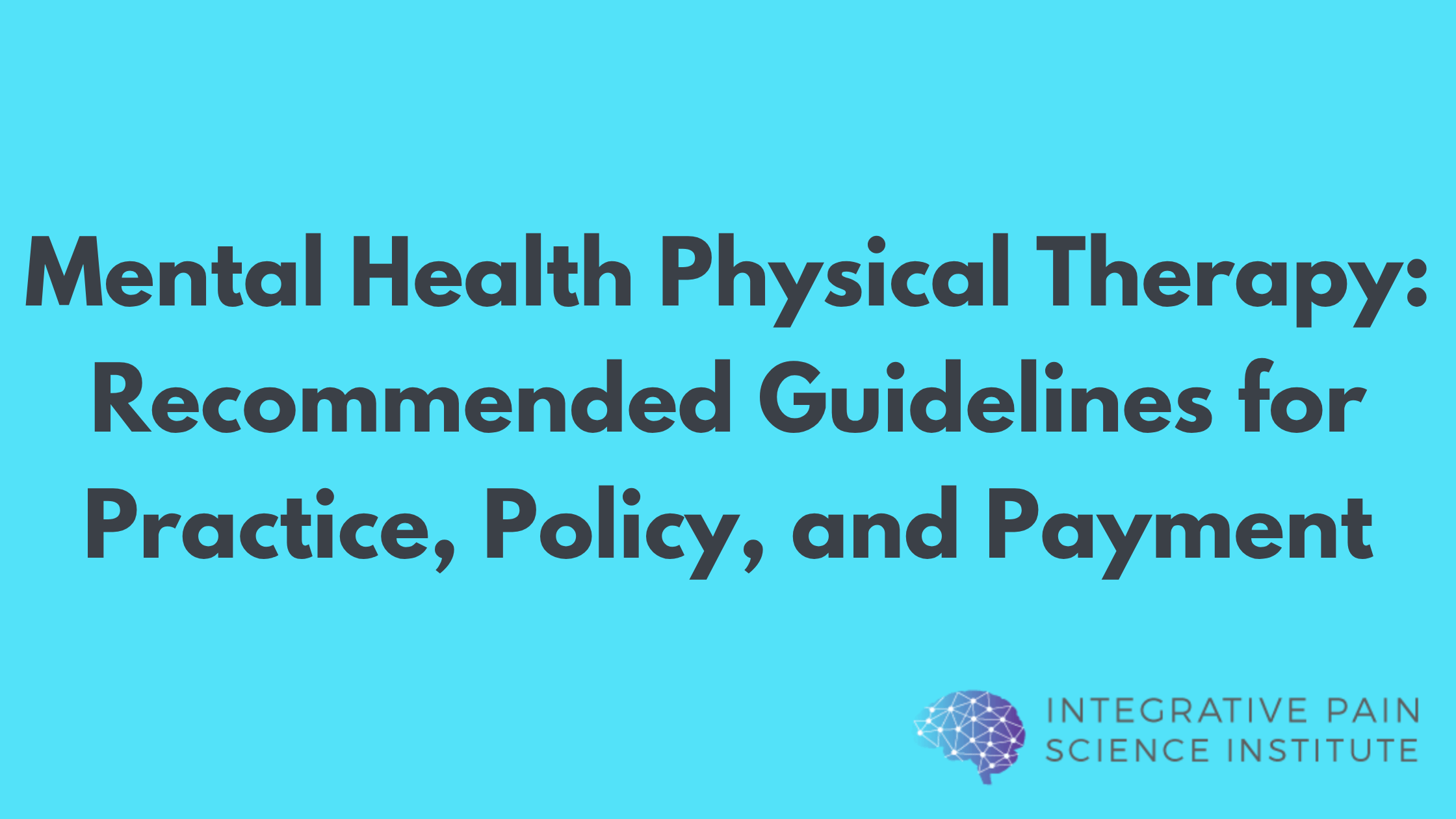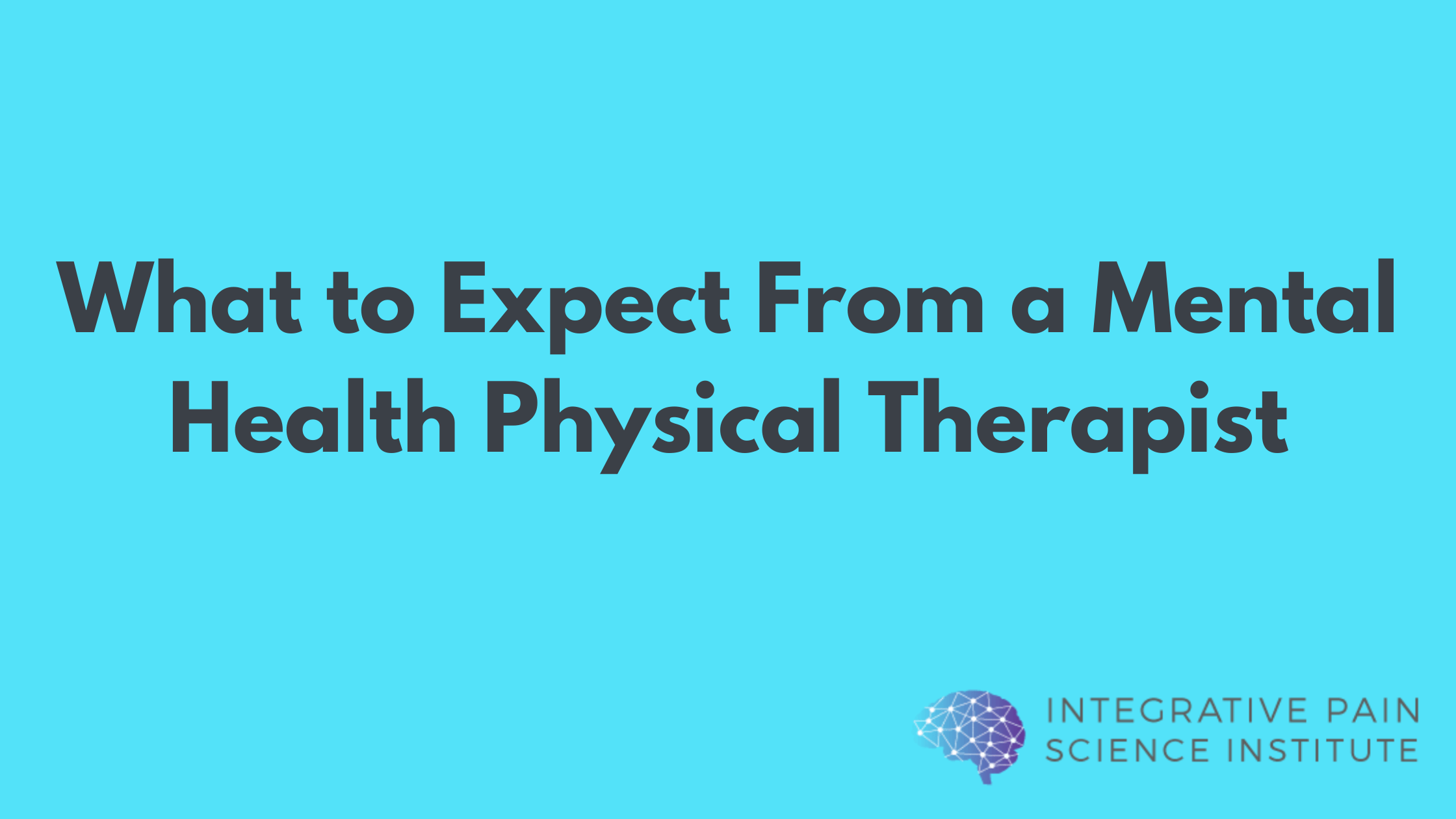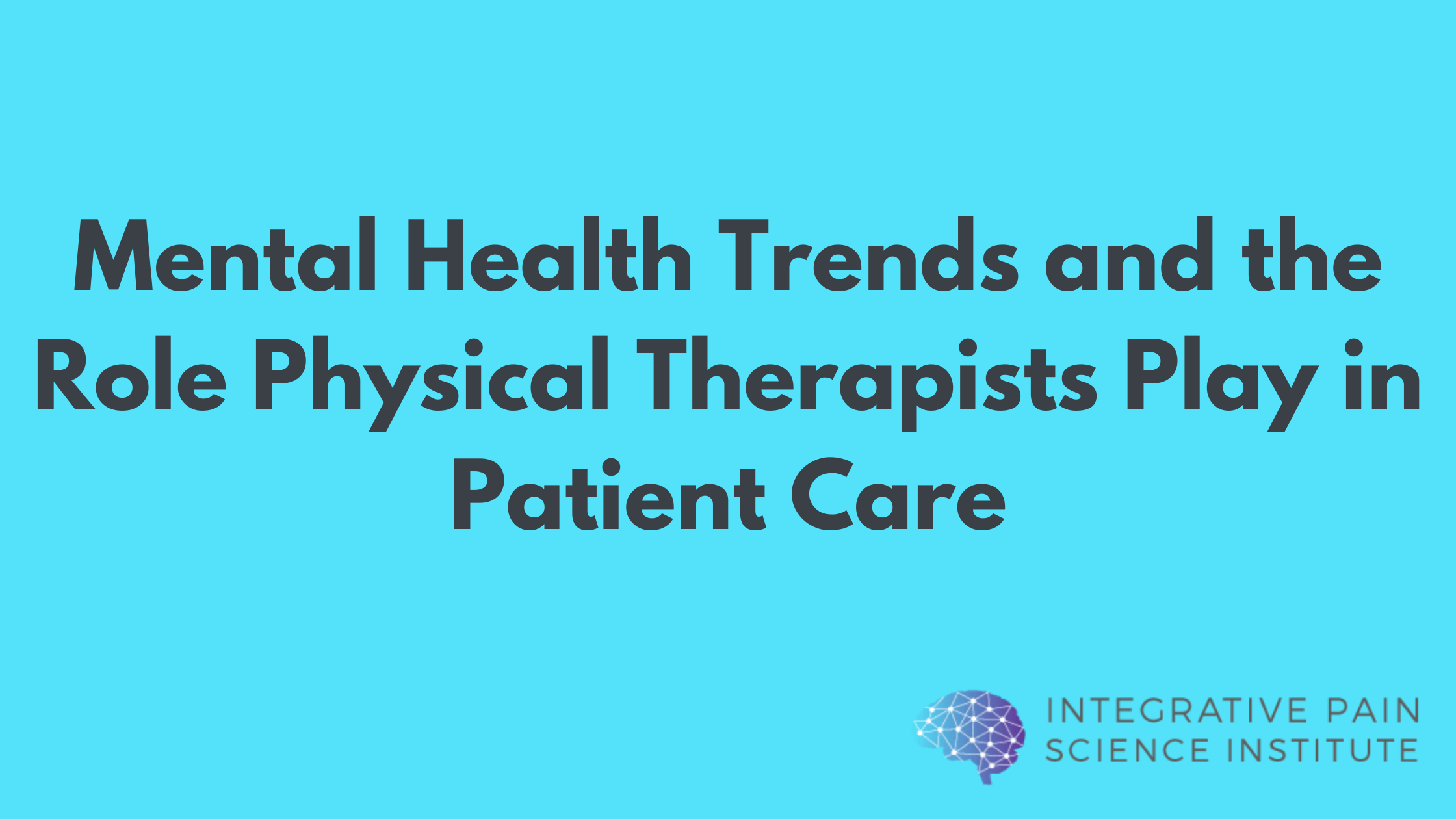If you’ve been doing “everything right” with the goal of losing weight – like eating right and exercising – but the weight just isn’t coming off, it may be time to look at your overall stress load. Here’s why: your adrenal glands help you cope with all of life’s stressors, and once that stress load becomes too much, too often, it’ll show up in your body as resistant weight loss, especially belly fat.
Let’s take a closer look at what’s going on behind the scenes. The adrenal glands produce a number of hormones, including cortisol. When we’re in a healthy, disease-free, stress-free state, cortisol follows a daily pattern in which it’s highest in the morning and decreases over the course of the day.
Cortisol plays an important role in:
- regulating blood sugar
- regulating blood pressure
- modulating inflammation
- helping us cope with stress
- pain modulation
The problem is when stress becomes relentless, including physical stress (like infections and inadequate sleep) and mental and emotional stress (like constant worry or resentment).
The Cortisol-Belly Fat-Connection
When you’re in stress overload, your cortisol levels will remain unnaturally high instead of following the daily high-to-low pattern. Elevated cortisol means elevated blood sugar, which then raises insulin – the fat storage hormone. So even if you’re still eating the same, your body will hold onto more fat – especially at your waistline.
Why does stress-induced fat love your waistline so much? As it turns out, the fat cells at your waistline have four times more cortisol receptors than the fat cells in other parts of your body. This makes for a vicious cycle of stress and increasing fat storage.
Adding insult to injury, high cortisol can make you have cravings for salt and sugar, which makes it likely you actually will eat more. High cortisol also makes you less sensitive to leptin, the hormone that helps you feel full and satisfied. Abdominal fat also acts as its own endocrine gland by producing its own estrogen, which can create further hormone imbalances.
As you can see, we’re biologically programmed to hold onto belly fat during times of chronic stress. Unfortunately, abdominal fat is a huge predictor of chronic disease.
Strategies to Reduce Stress and Flip into Fat-Burning Mode
I know how frustrating it can be to struggle to lose weight under chronic stress, but the good news is there’s a lot you can do to bring your stress levels under control. By reducing your stress, you’ll reduce your waistline, and dramatically improve your health as a result.
Breathe. Sounds too simple, right? But deep belly breathing actually helps you shift from the sympathetic (fight-or-flight) state to the parasympathetic (rest-and-digest) state within a matter of seconds. Several times per day, or even every hour, spend one minute taking deep belly breaths and relaxing every muscle in your body.
Sleep. The quantity and quality of your sleep have a direct impact on your cortisol levels and weight. In other words: inadequate sleep is a stressor! Most people need 7-9 hours of uninterrupted sleep per night. In order to make this happen, make sure you have a consistent bedtime of around 10 pm. Turn off electronics 1-2 hours before bedtime, and do something relaxing like reading or taking a bath.
Eat quality protein and healthy fats at every meal. This will balance your blood sugar, which will help prevent cortisol spikes. It will also help prevent stress-induced cravings for sugar and salt. By the same token, never skip meals! Eat three meals per day, and possibly one or two healthy snacks if needed. Skipping meals sends you into blood sugar crisis, which raises your cortisol.
Nix Negative People. Negative thoughts, people and emotions excite the primitive parts of your brain and cause excitation of the HPA axis. Work to eliminate persistent negative thinking and time spent with those who readily express negativity. Your health is a direct reflexion of the 5 people you spend the most time with!
Exercise – responsibly! If you’ve been under chronic stress, it may not be a good idea to go for intense cardio. Some gentle yoga and walking will actually help you lose weight more quickly by reducing your cortisol levels.
Adaptogenic herbs. Adaptogens help your body cope with stress. Adaptogens such as Rhodiola Rosea, Eleuthero, and Holy Basil can help modulate cortisol and the stress response.
Stress can seem inevitable, and the frustration of stubborn belly fat can actually add to your stress load. Fortunately, restrictive dieting and crazy exercise are not the answer! You’ll get much further by following the gentle recommendations listed above to reduce your stress, and the belly fat will come off much more easily as a result.
Visit www.joetatta.com for more information on weight-loss and to download your free Healing Foods Checklist and Shopping Guide!
In health,
Joe Tatta, DPT, CCN
References
http://www.ncbi.nlm.nih.gov/pubmed/9806309
http://www.ncbi.nlm.nih.gov/pubmed/11054598
http://www.ncbi.nlm.nih.gov/pubmed/10468649
http://www.ncbi.nlm.nih.gov/pubmed/23435801
http://www.ncbi.nlm.nih.gov/pubmed/25347608



